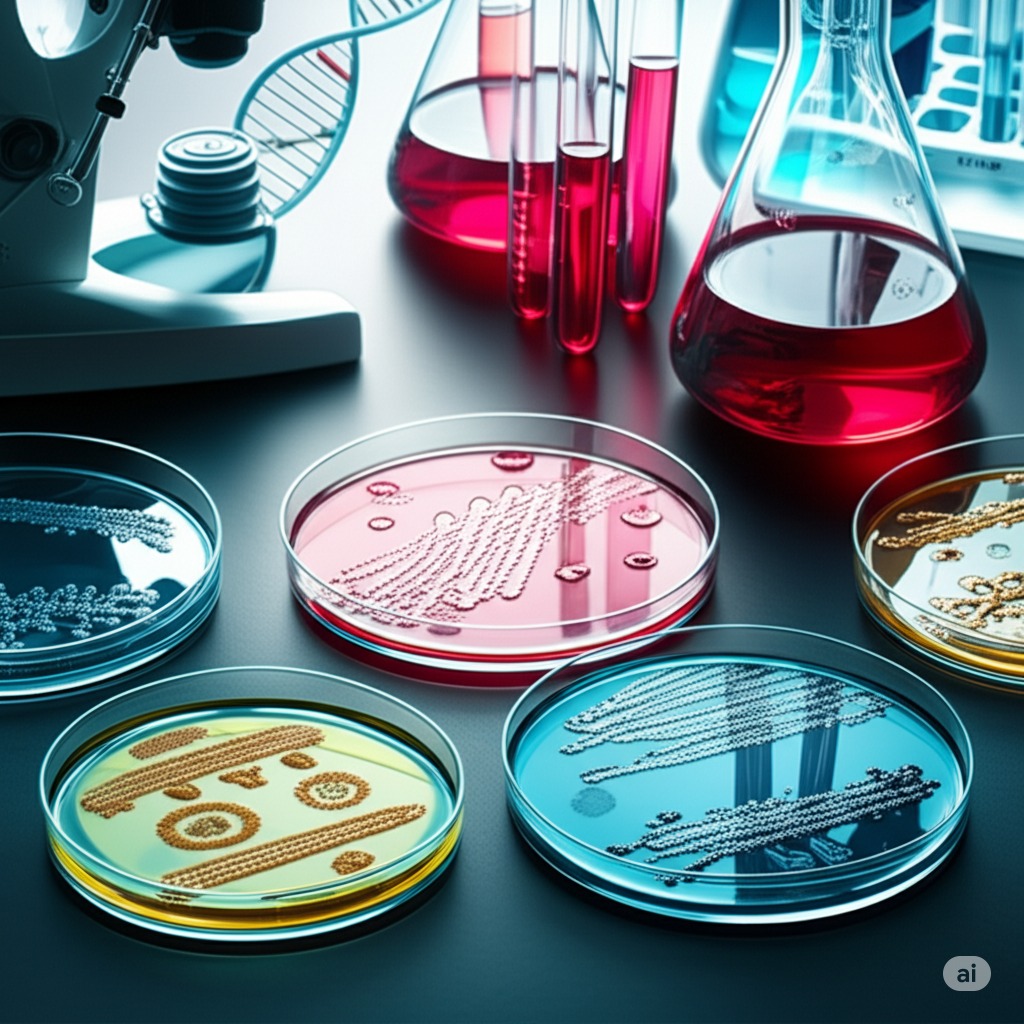An introductory microbiology course provides a foundational understanding of the diverse world of microorganisms, including bacteria, archaea, fungi, protists, and viruses. Students explore the basic principles of microbial cell structure, growth, metabolism, and genetics. The course delves into the roles of microorganisms in various ecosystems, their impact on human health as pathogens and beneficial microbes, and their applications in biotechnology. Laboratory exercises often involve microscopy, culturing, and basic identification techniques, offering hands-on experience in studying these microscopic entities. Key topics typically include the history of microbiology, microbial diversity, disease transmission and control, and the fundamental concepts of immunology. This course serves as a crucial stepping stone for further studies in biology, medicine, agriculture, and environmental science.

- Teacher: Pratiksha Pawar